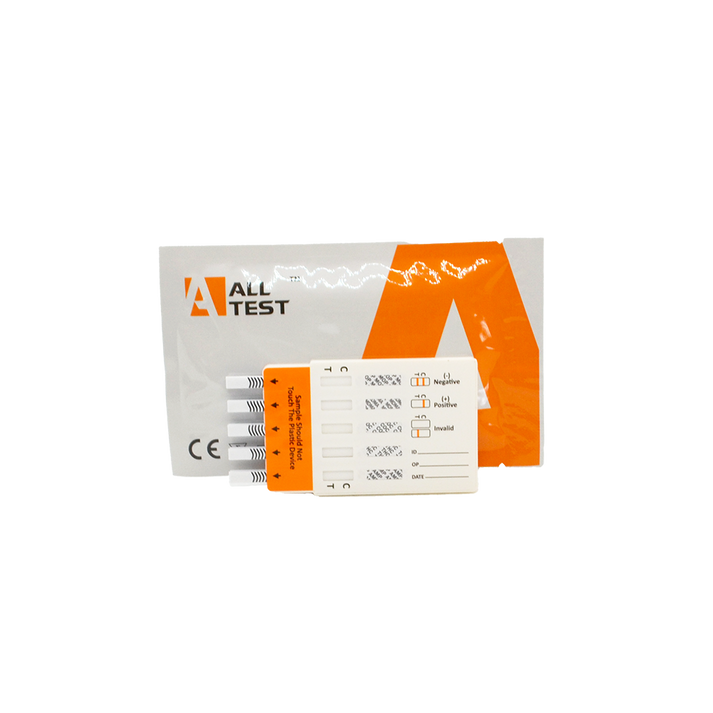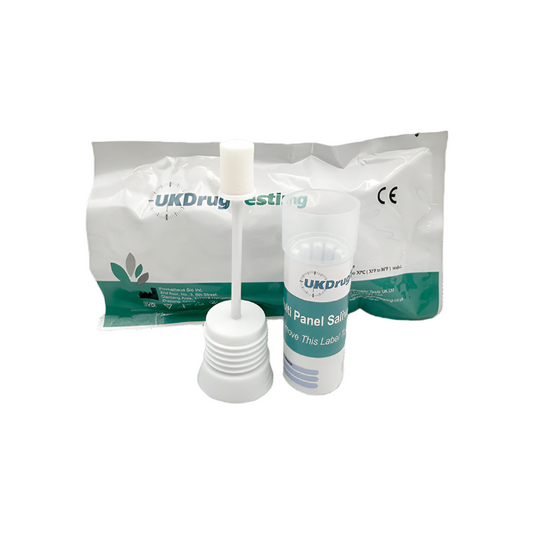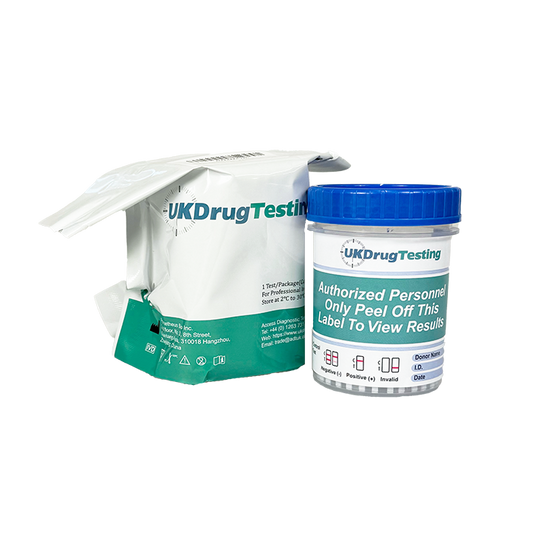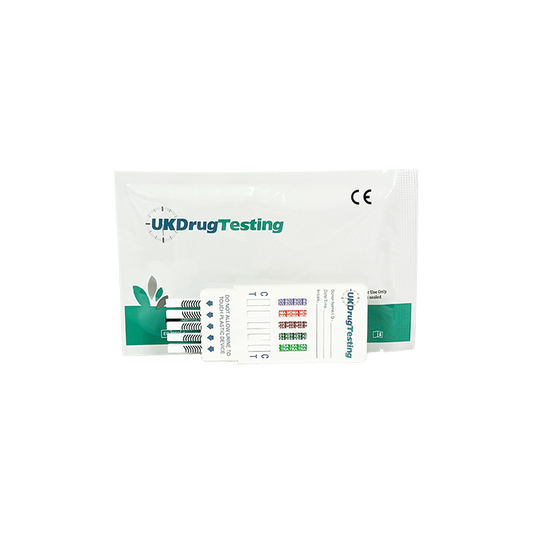Poppers
What Are Poppers ?
Poppers are a group of inhalant drugs that contain alkyl nitrites, most commonly amyl nitrite, isobutyl nitrite, or isopropyl nitrite. These substances are typically sold in small bottles and used recreationally for their short-lived, intense effects, which include a rush of euphoria, increased heart rate, and muscle relaxation. Poppers are often associated with party culture and are sometimes used to enhance sexual experiences due to their ability to relax smooth muscles.
Do Poppers show up on drug tests?
One of the most common questions surrounding poppers is whether they can be detected in standard drug tests. The simple answer is: NO, poppers do not show up on most routine drug tests. Here’s why:
- Standard drug tests do not screen for alkyl nitrites – Most workplace or legal drug tests focus on detecting substances such as cannabis, cocaine, opioids, amphetamines, and benzodiazepines. Poppers do not fall into these categories and are not typically included in standard screening panels.
- Poppers metabolise quickly – Alkyl nitrites break down rapidly in the body, leaving no long-lasting metabolites that can be easily detected in blood, urine, or hair samples.
- Specialised tests would be required – While it is technically possible to detect poppers in the body through specialised blood or breath tests, these are rarely conducted outside of specific medical or forensic investigations.
If you believe someone to be abusing poppers, its often they may be abusing other drugs which are classified in the UK. The most common drugs they are likely to be abusing would be Cannabis, Cocaine, Ecstasy, and Ketamine. These can be detected on our party drug testing kit specifically designed for UK Nightlife.

Urine Drug Test Multi Panel (Party)
From £2.80 GBP
How Do Poppers Work?
When inhaled, poppers cause a rapid dilation of blood vessels, leading to a sudden drop in blood pressure and an increase in heart rate. This results in a feeling of lightheadedness, warmth, and a short-lived head rush that lasts for a few minutes. Unlike many other recreational substances, poppers are not physically addictive, though some people may develop a habit of using them frequently.
Are Poppers Legal?
The legality of poppers varies by country. In the UK, they are not classified as a controlled substance under the Misuse of Drugs Act, meaning they are not illegal to possess. However, they are regulated under other laws, such as the Medicines Act, which restricts their sale for human consumption. Despite this, they are commonly sold in certain venues like nightclubs and online as "room odourisers" or "leather cleaners." In the United States, amyl nitrite is a prescription medication for specific medical conditions, while other forms of alkyl nitrites are not approved for human use. These are often sold as "room odourisers" or "leather cleaners," and in some cases, can be purchased in stores or nightclubs, despite their intended use being different from the label's description.
How common is popper use?
Recent data on popper misuse in the UK is limited, but surveys indicate that use is relatively common, especially among young adults and within nightlife and LGBTQ+ communities. The 2021 Crime Survey for England and Wales (CSEW) reported that around 1.3% of adults aged 16–59 had used poppers in the past year, with higher rates among younger demographics.
Misuse is generally considered low-risk compared to other substances, though there have been concerns about health effects, especially when mixed with other drugs.
Are there any health risks with using Poppers?
Although poppers are not physically addictive and are not known to cause long-term dependence, they do carry some health risks, particularly with excessive or frequent use. Potential dangers include:
- Dizziness and fainting due to sudden drops in blood pressure.
- Headaches and nausea from prolonged use.
- Skin irritation and chemical burns if spilled on the skin.
- Risk of methaemoglobinaemia, a rare but serious condition that reduces the blood’s ability to carry oxygen.
- Potential interaction with other drugs, particularly erectile dysfunction medications like Viagra, which can cause a dangerous drop in blood pressure.
What are the concerns about health risks with poppers when mixed with other drugs?
Mixing poppers with other drugs can pose serious health risks. Here are some key concerns:
1. Poppers and Erectile Dysfunction Medications (Viagra, Cialis, Levitra)
- This is the most dangerous combination. Both poppers and ED drugs cause blood vessels to dilate and lower blood pressure.
- When combined, they can lead to a dangerous drop in blood pressure, resulting in fainting, dizziness, heart attacks, or even death.
2. Poppers and Alcohol
- Both substances lower blood pressure and can cause lightheadedness or fainting.
- Mixing them increases the risk of accidents, blackouts, and dangerous drops in oxygen levels.
3. Poppers and Stimulants (Cocaine, MDMA, Amphetamines)
- Stimulants increase heart rate and blood pressure, while poppers cause sudden vasodilation (blood vessel expansion).
- This puts extreme strain on the heart, increasing the risk of heart attacks, irregular heartbeats, and strokes.
4. Poppers and Depressants (Benzodiazepines, GHB, Ketamine, Opioids)
- Depressants slow down the central nervous system, while poppers may reduce oxygen levels in the blood.
- This can lead to difficulty breathing, dizziness, unconsciousness, or overdose.
5. Poppers and Other Inhalants
- Using multiple inhalants (such as nitrous oxide or solvent-based products) increases the risk of oxygen deprivation, brain damage, and respiratory issues.
Conclusion
Poppers remain a popular recreational substance due to their short-lived effects and legal accessibility in some regions. While they do not appear on standard drug tests, they should always be used with caution due to potential health risks. Poppers might seem relatively low-risk on their own, but when mixed with other drugs, they can become extremely dangerous. If someone experiences severe dizziness, difficulty breathing, or chest pain after mixing substances, they should seek medical attention immediately.
If you are concerned about drug testing or health implications, it is always best to think of the consequences before using any substance.




